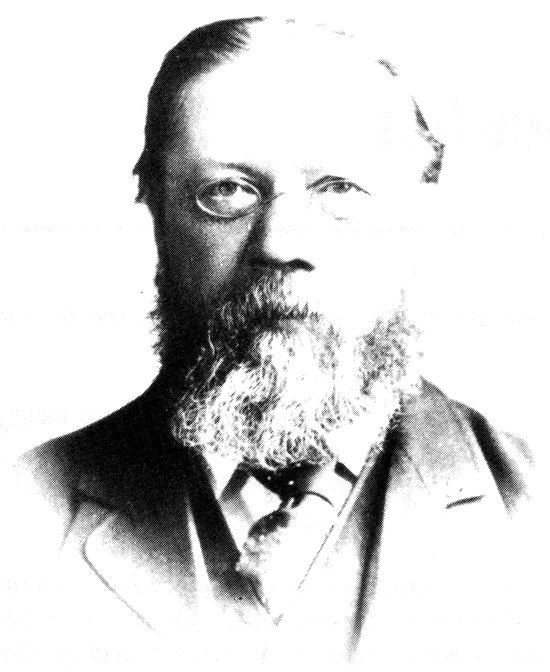- William Henry Preece
image_width = 150px
caption = William Henry Preece
name = William Henry Preece
nationality = Welsh
birth_date =February 15 1834
birth_place =Caernarfon ,Gwynedd
death_date = Death date and age|1913|11|6|1834|2|15
death_place =
education =King's College London
spouse =
parents =
children =
discipline = Civil, Electrical,
institutions =Institution of Civil Engineers (president),
practice_name =
significant_projects =
significant_design =
significant_advance =
significant_awards = Sir William Henry Preece (February 15 1834 -November 6 1913 ) was a Welshelectrical engineer andinventor . Preece relied onexperiment s and physical reasoning in his life's work. Preece wasknighted in 1899.Biography
Preece was born in
Caernarfon (Gwynedd ),Wales . He was educated atKing's College London . Preece studied at the Royal Institution inLondon (Great Britain ) underMichael Faraday . He later was the consulting engineer for the Post Office (1870s). He became Engineer-in-Chief of the British General Post Office in 1892. He developed several improvements in railroad signaling system that increased railway safety. Preece andOliver Lodge maintained a correspondence during this period. Upon Lodge's proposal of "loading coil s" applied to submerged cables, Preece did not realise that "Earthing" would extend the distance and efficiency.In 1889 Preece assembled a group of men at
Coniston Water in theLake District inCumberland and succeeded in transmitting and receiving Morse radio signals over a distance of about 1 mile (1,6 km) across water. [ [http://rapidttp.com/milhist/vol112db.html South African Military History Society - Journal - WIRELESS TELEGRAPHY DURING THE ANGLO-BOER WAR OF 1899-1902 ] at rapidttp.com]Preece also developed a wireless telegraphy and telephony system also in 1892. Preece developed a telephone system and implemented it in England. A similar telephone system was patented in the United States by Alexander Graham Bell in 1876. In 1885, Preece and
Arthur West Heaviside (Oliver Heaviside 's brother) experimented with parallel telegraph lines and an unwired telephone receiver, discovering radio induction (later identified with the effects ofcrosstalk ).In 1897, with Marconi radio experiments from Lavernock Point in south Wales to the island of Flatholm, became one of Marconi's most ardent supporters. He made various efforts to support
Guglielmo Marconi in the wireless field. Preece gained financial assistance from the Post Office to help expand Marconi's work. Preece believed that the Earth’s magnetic field was critical in the propagation of radio waves over long distances.He had a long-standing rivalry with Oliver Heaviside over his traditional ideas about electricity. It was derisively referred to as "the
drain-pipe theory " by Heaviside, because Preece presented theanalogy of electricity and water forthought experiment s. Reportedly, he never understoodJames Clerk Maxwell 's advances to "mathematical scientific theory" Fact|date=February 2007.Preece once stated, conveying sentiments which were later made by
Edwin Armstrong , :"True theory does not require the abstruse language of mathematics to make it clear and to render it acceptable " [...] " All that is solid and substantial in science and usefully applied in practice, have been made clear by relegating mathematic symbols to their proper store place --- the study." - Preece's inaugural speech as president of theInstitution of Electrical Engineers in 1893Preece served as president of the
Institution of Civil Engineers between April 1898 and November 1899.Citation | first = Garth | last = Watson| title = The Civils | publisher = London: Thomas Telford Ltd | page = 252
year = 1988 | isbn = 0-727-70392-7]References and external articles
* Russell Naughton , " [http://www.acmi.net.au/AIC/PREECE_BIO.html Adventures in CyberSound: Preece, William Henry] ".
* " 100 Welsh Heroes / 100 Arwyr Cymru", " [http://www.100welshheroes.com/en/biography/williamhenrypreece 73. Sir William Henry Preece] , Groundbreakers" . Culturenet Cymru, 2004.
* [http://www.scienceandsociety.co.uk/results.asp?] (1834-1913).
s-start s-npo|pro s-bef|before=
John Wolfe-Barry s-ttl|title=President of theInstitution of Civil Engineers
years=April 1898 – November 1899 s-aft|after=Douglas Fox end
Wikimedia Foundation. 2010.

